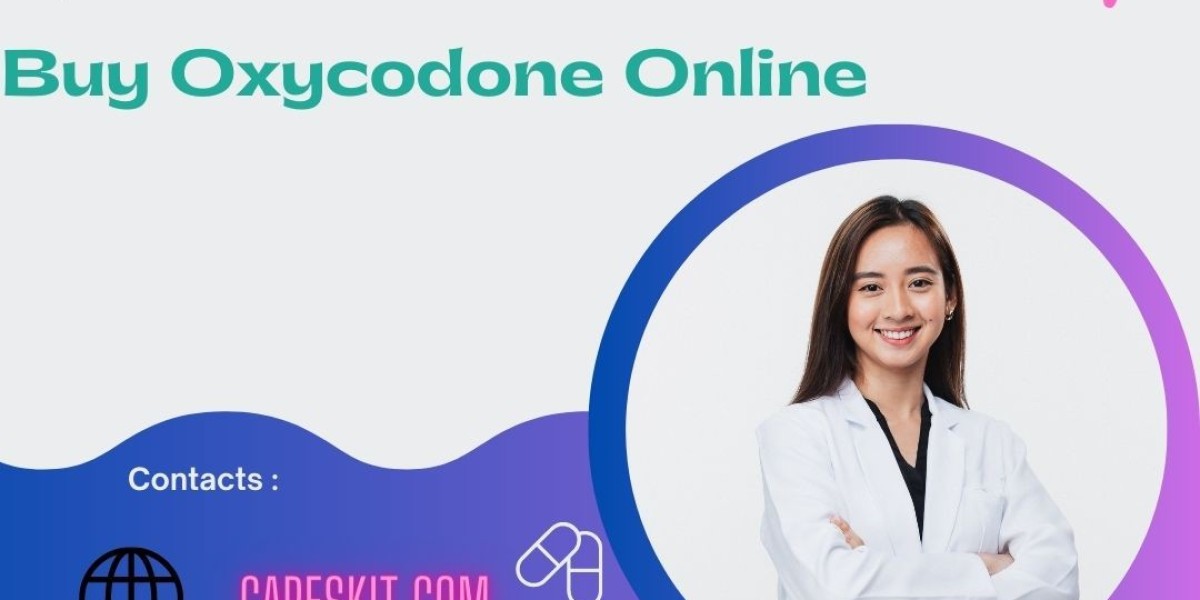There is a plethora of Mental Health Apps on the market, but which ones can really help you? This article will explore some of the top ones. In particular, this article will cover Slumber, Moodfit, Talkspace, and Quenza. If you want to try one out before you make a final decision, read on to discover our top picks. Hopefully, these apps will help you on your journey to better mental health.
Slumber
Slumber is a sleep-inducing audio app that offers guided meditations and bedtime stories. The team behind the app believes that a good day starts with a good night's sleep. With Slumber, you can listen to the bedtime stories you love and meditate for a few minutes. You can also customize the background noise to soothe your senses and help you drift off to sleep. It's available for iPhone, Android, and Apple Watch.
The Slumber mental health app is a part of the Intellicare Suite of mental health apps developed by the Center for Behavioral Intervention Technologies. Researchers of the app found that users who used it reduced their levels of anxiety and depression. A study of the apps' use and uptake revealed that over 5210 people downloaded the apps in the first year they became available for public download. Of these, nearly a third of users downloaded more than one app.
Moodfit
If you're in the market for a new mental health app, try Moodfit. This app helps users establish healthy habits and track them over time, so they can identify patterns and make improvements as needed. This app offers several tools to help you manage your mood, including an audio file and articles to help you cope with difficult emotions. The user-friendly interface also offers tools for tracking your mood, including a questionnaire that measures the intensity of your symptoms.
Moodfit offers meditation sessions for all skill levels, including beginners. The app is free, although some features are locked behind in-app purchases. Moodfit is similar to an exercise app in that it starts with a questionnaire to determine your specific needs and then provides reading material and exercises to help you process your emotions. Moodfit also helps you track your sleep, exercise, gratitude, and other factors, making it a great mental health app.
Quenza
In addition to being GDPR and HIPAA compliant, Quenza has a host of features that make it easier to create and customize personalized therapy pathways. It also includes a library of psychoeducation materials and self-assessment tools. During a therapy session, Quenza users can use guided meditation, breathing techniques, and gratitude exercises. Additionally, the apps allow users to record their thoughts and notes in a journal.
In addition to being a unique mental health software application, Quenza offers CRM features that double as a central location to manage client information and communications. The software is also compatible with mobile devices, allowing practitioners to access the dashboard from a desktop and trigger communications on the go through the smartphone app. In addition, clients can access activities through a computer or preferred web browser. This makes it easy for clients to engage with their treatment while on the go.
Talkspace
After downloading Talkspace, you will need to create an account. You will then be taken to a private chat room where a licensed mental health professional will ask you several questions. Then, the counselor will explain what you can expect in the sessions. These consultations are live, so you can ask questions and discuss your concerns. The app also lets you choose a psychiatrist and book an appointment. You can choose to meet with a specific counselor, or have a chat with several therapists at once.
While this mental health app is a great first step, there are some drawbacks to this service. While Talkspace offers many features, it is important to note that it is not a substitute for seeing a licensed mental health professional. The app lacks a face-to-face interaction, which is important for some people. Another drawback is that you can only see three therapists at a time, which means you can't be sure you will match with the therapist of your choice. In addition, the responses were brief and did not feel like the therapist knew you well.
Sanvello
The Sanvello app is a free, mental health app designed for people who are looking for tools to manage their symptoms. There are four main modules within the app, and each of them takes about 20 minutes to complete. Each module includes four to five activities, which range from educational info cards to video and audio tutorials. You can also engage in journaling or mood-tracking prompts. Sanvello also gives you an opportunity to interact with others by commenting, liking, and sharing posts.
The free version of Sanvello includes a free Community area. This is where you can discuss your experiences and get advice from others. There are eight different topics covered in the community area, and you can join or create a chat group of your own. You can also read other people's posts on the app, which can be helpful for your own personal development. You can upgrade your account to unlock more premium content, as long as you're willing to pay a monthly fee.
What's Up
What's Up with mental health apps is a popular app that provides strategies for dealing with depression. The app follows the principles of Cognitive Behavior Therapy (CBT). It offers techniques for managing depression, anxiety, anger, stress, and other mental conditions. Users can even record their thoughts and feelings, and can then look back at the past to see how far they've come. The app also provides helpful quotes and forums to encourage users to improve their moods.
The apps are not intended to replace therapy. Instead, they aim to provide a helpful community for people with various mental illnesses. Some of these apps are free to use, while others require a subscription. Those with mild-moderate depression may find that the app offers them an alternative way to overcome their struggles. Fortunately, there are now several apps designed to support mental health. They're easy to find on Google Play or the Apple Store.


